5 Most Common Challenges Faced By Importers While Importing Stainless Steel Utensils

Introduction:
Importing Stainless Steel Utensils opens doors to lucrative opportunities, yet importers often find themselves navigating through a maze of challenges. From ensuring quality standards to grappling with customs regulations, each step in the importing process presents unique hurdles. In this blog, we shed light on the five most common challenges importers encounter when importing Stainless Steel Utensils.
-
Ensuring Quality:
Maintaining the desired quality of Stainless Steel Utensils remains a perennial challenge for importers. From the composition of the steel to the finishing touches, every aspect contributes to the overall quality. The relentless pursuit of quality assurance is essential to safeguarding the importer's reputation and meeting customer expectations.
-
Navigating Logistics and Minimizing Damage:
Logistics pose a formidable challenge for importers, particularly when it comes to transporting delicate Stainless Steel Cookware. The risk of damage looms large throughout the journey, from loading onto containers to unloading at the destination. Navigating through the complexities of logistics while minimizing damage requires meticulous planning and execution.
-
Customs and Tariffs:
Customs regulations and tariffs add another layer of complexity to the importing process. Importers must grapple with duty rates, import/export restrictions, and ever-changing trade policies. Non-compliance with customs regulations can lead to delays, fines, and even confiscation of goods, making it imperative for importers to stay abreast of the latest regulations.
-
Documentation Compliance:
Documentation compliance is a non-negotiable aspect of importing Stainless Steel Utensils. From safety standards to regulatory requirements, importers must ensure that all necessary documentation is in order. Failure to comply with documentation requirements can result in shipment delays and legal repercussions, underscoring the importance of meticulous attention to detail.
-
OEC Private Label:
Offering OEC (Original Equipment Manufacturer) private label solutions presents both opportunities and challenges for importers. While it allows importers to differentiate their products and build brand identity, it also entails complexities such as product customization and branding consistency. Importers must tread carefully to navigate the nuances of private labeling in the competitive market landscape.
FAQs
1. What are the common quality concerns when importing Stainless Steel Utensils?
Common quality concerns include rust resistance, durability, food safety standards compliance, and overall product finish. Importers must ensure that their suppliers meet stringent quality control measures to maintain high product standards.
2. What are the main challenges importers face in ensuring the quality of Stainless Steel Utensils?
A: Importers often encounter difficulties in maintaining consistent quality standards across their product lines. Factors such as material composition, manufacturing processes, and finishing touches all contribute to the overall quality of Stainless Steel Utensils.
3. How do logistics pose challenges for importers when importing Stainless Steel Utensils?
Logistics challenges include ensuring timely delivery while minimizing the risk of damage during transit. Delicate Stainless Steel Utensils require careful handling and secure packaging to prevent damage throughout the shipping process.
4. What documentation is required for importing Stainless Steel Utensils, and how do importers ensure compliance?
Importers must ensure compliance with documentation requirements related to safety standards, regulatory approvals, and import/export licenses. Failure to comply with documentation requirements can result in shipment delays and legal consequences.
5. What are the challenges associated with offering OEC private label solutions for Stainless Steel Utensils?
While OEC private labeling allows importers to differentiate their products and build brand identity, it also entails complexities such as product customization, branding consistency, and intellectual property protection.
6. Is steel cookware dishwasher-safe?
Yes, most steel cookware, including Vinod Steel, is dishwasher-safe. However, hand washing with mild soap and warm water is recommended to prolong the lifespan and preserve the appearance of your cookware.
In conclusion, the challenges importers encounter in the Stainless Steel utensil importation process are complex and multifaceted. These hurdles require steadfast diligence and a keen strategic outlook to navigate successfully. From ensuring consistent quality standards to grappling with intricate customs regulations, each challenge demands meticulous attention and proactive solutions.
| Product Name | Size | Price | ||
|---|---|---|---|---|
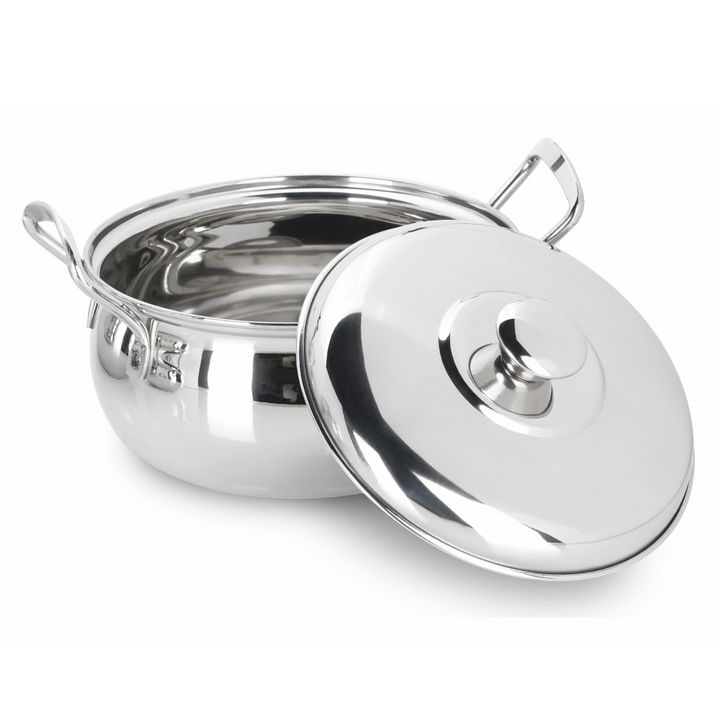 |
Vinod Stainless Steel Milano Plain Serving Casserole | 1230 ml | Rs. 567.00 | Buy Now |
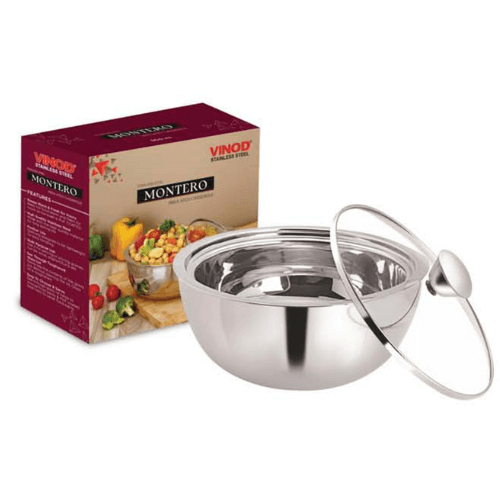 |
VINOD Stainless Steel Montero Insulated Casserole | 500 ml | Rs. 637.00 | Buy Now |
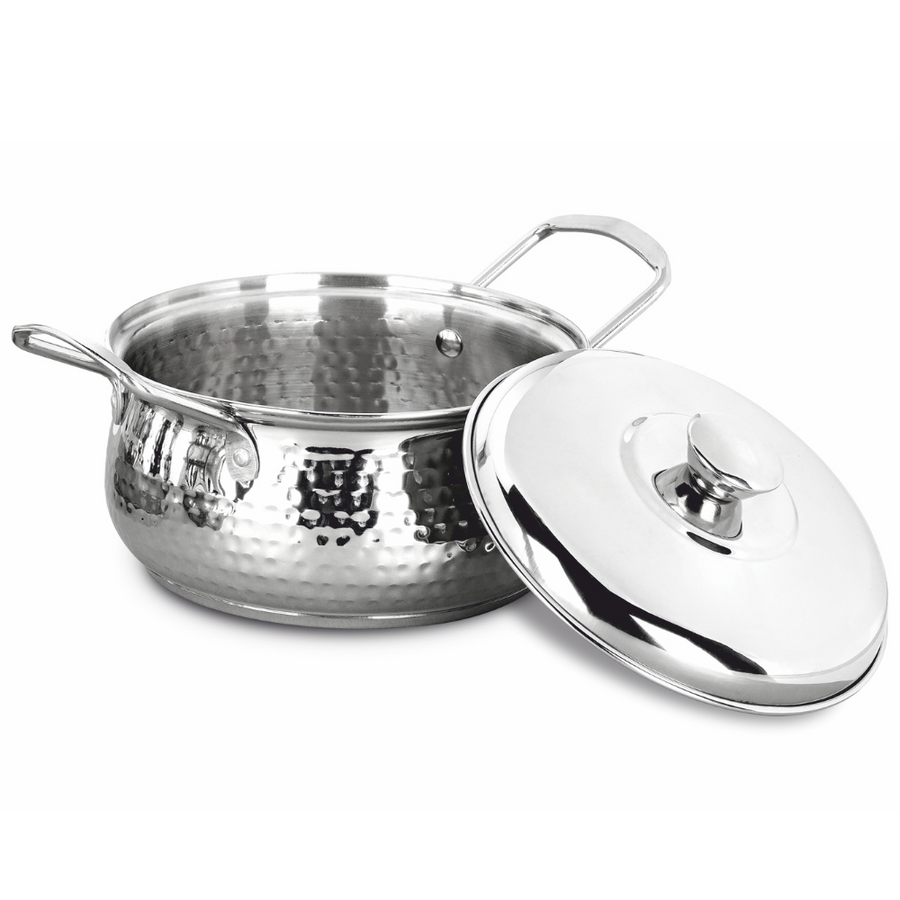 |
Vinod Stainless Steel Milano Hammered Serving Casserole | 1230 ml | Rs. 673.00 | Buy Now |
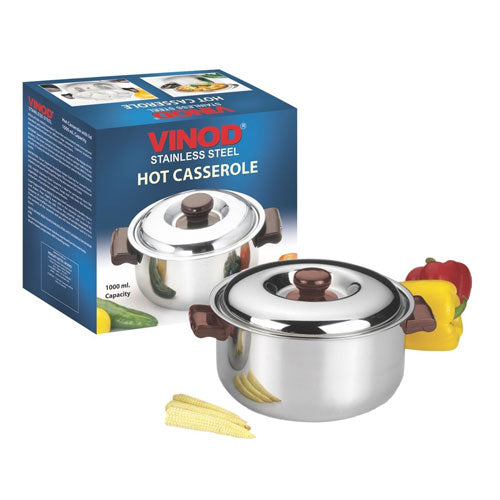 |
Vinod Stainless Steel Hot Casserole | 700 ml | Rs. 892.00 | Buy Now |
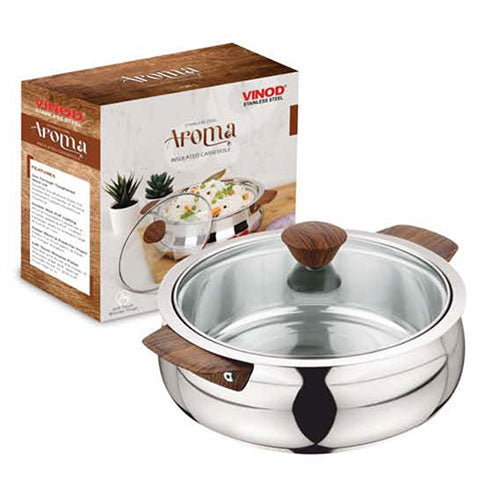 |
VINOD Stainless Steel Aroma Insulated Casserole | 2650 ml | Rs. 1,523.00 | Buy Now |















